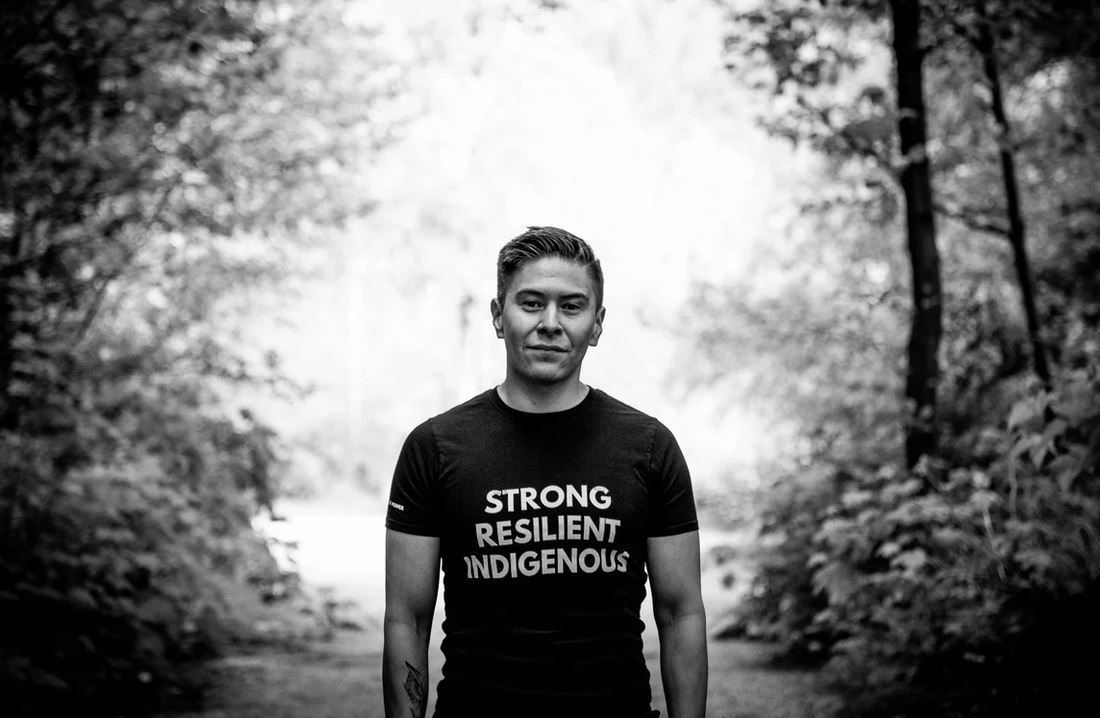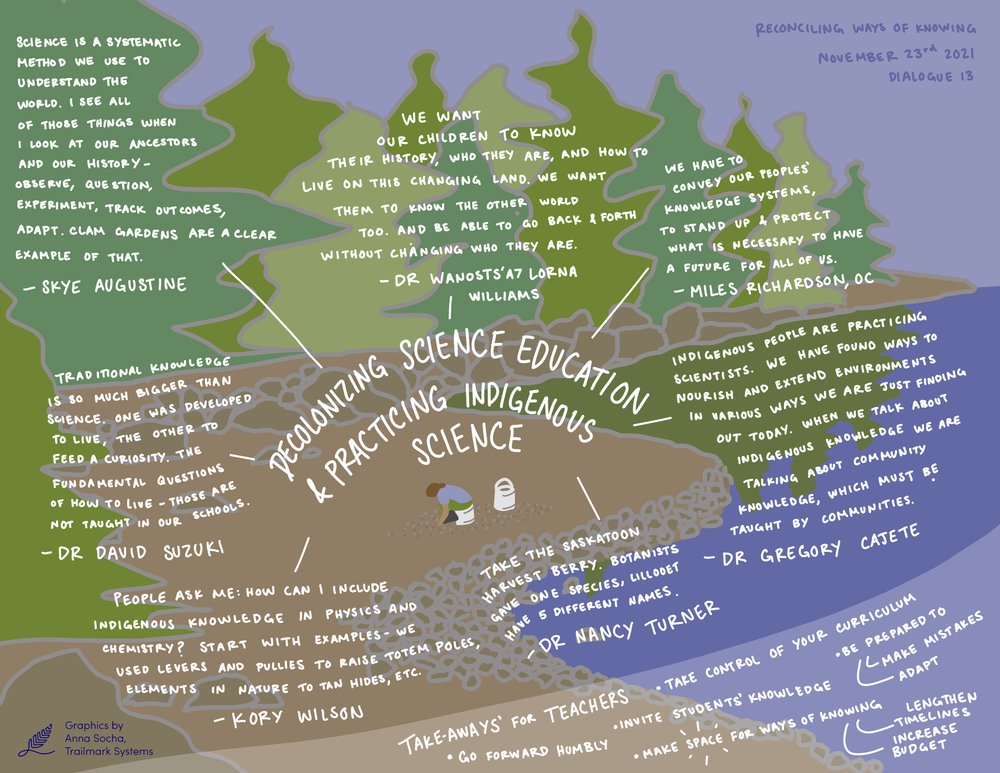
For my first blog post in Module 1, I decided to share a resource that has been impactful on my journey towards truth and reconciliation and decolonization. This is Len Pierre. He is the founder of Len Pierre Consulting and with his team, offers consulting, education and training, and guest speaker services. I have had the privilege of attending two of his seminars now, once as a nurse (with approximately 300 attendees) and once as a faculty member at British Columbia Institute of Technology. If anyone is looking to host a guest speaker for their organization to address anti-racism, Indigenous cultural safety, reconciliation and decolonization, I highly recommend reaching out to Len and his team. His ability to share knowledge related to these topics in a vulnerable and transparent way is remarkable. You can visit his website here.
After attending my first seminar with Len, I followed him on LinkedIn and visited his website to discover what other resources are available to me. He has a few videos on his website from other events he spoke at, such as TEDxSFU which I recommend watching. In one of the seminars I attended, he spoke about the intentionality of the Canadian government in othering Indigenous tribes across Canada, the intentionality behind making them appear as savages who are not willing to become ‘civilized’ by adopting a colonial culture and some of the harmful stereotypes that developed as a result of this. As he discussed this and other tactics intended to oppress Indigenous people, I reflected on growing up in small communities of BC and how these stereotypes were perpetuated by the adults around me. This was evident in the way they were openly racist towards Indigenous people, repeating the same rhetoric used to oppress them, and I realized how this impacted my beliefs and how it gave me a deeper understanding of where these learned biases came from. I will never forget this moment and the impact it had on me and my ability to decolonize further.





